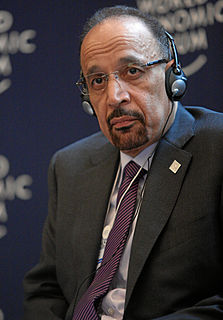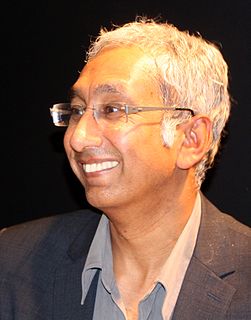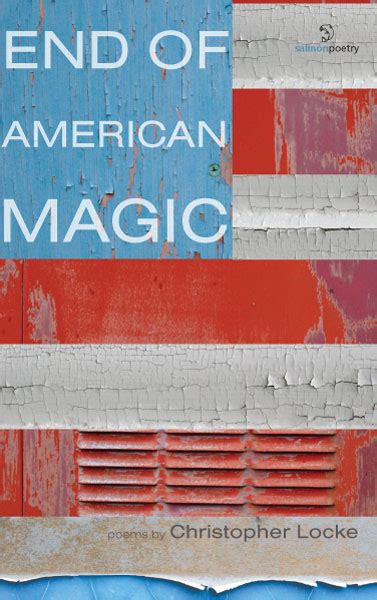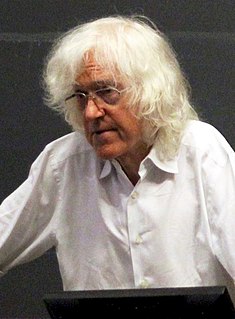A Quote by Friedrich Nietzsche
That the world is not the embodiment of an eternal rationality can be conclusively proved by the fact that the piece of the worldthat we know--I mean our human reason--is not so very rational. And if it is not eternally and completely wise and rational, then the rest of the world will not be either; here the conclusion a minori ad majus, a parte ad totum applies, and does so with decisive force.
Related Quotes
The old and oft-repeated proposition "Totum est majus sua parte" [the whole is larger than the part] may be applied without proof only in the case of entities that are based upon whole and part; then and only then is it an undeniable consequence of the concepts "totum" and "pars". Unfortunately, however, this "axiom" is used innumerably often without any basis and in neglect of the necessary distinction between "reality" and "quantity", on the one hand, and "number" and "set", on the other, precisely in the sense in which it is generally false.
When you look at any experimental work not directly related to economics, but trying to test rational behavior in other ways, experiments have conspicuously failed to show rational behavior. Macro evidence certainly suggests deviations from rationality, but I don't want to say the rationality hypothesis is completely wrong. If you have any introspective idea or experimental idea about people's behavior, it seems to be incompatible with the really full scale rational expectations.
I'm not an ad-libber. If I'm asked to ad-lib, I can ad-lib forever and it's really fun to do that, but I find that well-written scripts are put together very carefully. Once you start to ad-lib and add words to sentences, there's a slacking that happens. When it's good writing, it's taut. I'm not judging people who do ad-lib.
It is not rational to assume, without evidence, that rationality can disclose everything about the world, just because it can disclose some things. Our intuition in favour of rationality, where we are inclined to use it, is just that - an intuition. Reason is founded in intuition and ends in intuition, like a pair of massive bookends.
Moral questions may not have objective answers-whether revealed by God or by science-but they do have rational ones, answers rooted in a rationality that emerges out of social need. That rationality can only be discovered through exercising the human potential for rational dialogue, the potential for thinking about the world, and for discussing, debating and persuading others. Values can never be entirely wrenched apart from facts; but neither can they be collapsed into facts. It is the existence of humans as moral agents that allows us to act as the bridge between facts and values.
It is commonly said that if rational argument is so seldom the cause of conviction, philosophical apologists must largely be wasting their shot. The premise is true, but the conclusion does not follow. For though argument does not create conviction, the lack of it destroys belief. What seems to be proved may not be embraced; but what no one shows the ability to defend is quickly abandoned. Rational argument does not create belief, but it maintains a climate in which belief may flourish.
Buddhist epistemologists do argue that rational analysis leads to the conclusion that rational analysis cannot give us infallible access to truth, including that one. That's not self-defeating, though; it only induces an important kind of epistemic humility and a clearer view of what we do when we reason. We engage in one more fallible human activity among many.
If the Humanists wish to be champions of reason, they should consider the following: just as they would not admit mystics into their camp, since no rational discussion is possible with men who substitute supernatural revelations for rational evidence-so they cannot admit advocates of force into their camp, because no rational discussion or agreement is possible with men who substitute guns for rational persuasion.
While reasons are provided by the facts,...rationality...depends instead on our beliefs. [...] [I]f I believe falsely that my hotel is on fire, it may be rational for me to jump into the canal. But I have no reason to jump. I merely think I do. And, if some dangerous treatment would save your life, but you don't know that fact, it would be irrational for you to take this treatment, but that is what you have most reason to do.
You get your intuition back when you make space for it, when you stop the chattering of the rational mind. The rational mind doesn't nourish you. You assume that it gives you the truth, because the rational mind is the golden calf that this culture worships, but this is not true. Rationality squeezes out much that is rich and juicy and fascinating.










































